|
From one bald-headed person to another bald-headed person, thanks for making me a better educator. It was back in the Fall of 2011 when I was first exposed to your thinking and innovative ways of how school should be. You spoke to the importance of leveraging the power of social media and technology as a way to promote and inform. The ideas you shared, transformed the way I conducted myself as a school leader from that day forward. As a result, I live by the mantra "status quo is never an option." Thank you for taking me under your wing these past few years. I can remember receiving a Skype call one afternoon out of the blue where you provided me with feedback on my blog post. On numerous occasions I would send you an email or text message asking for advice and/or resources. Each time you came through and as a direct result made me a better professional and impacted the success of my entire school community. I know for a fact you did this for others as well and it is greatly appreciated. Earlier this year we traveled together to the NASSP Ignite Conference in Dallas, Texas. You let me pick your brain and meet various people in your circles. And for that I thank you. We were suppose to present together last December at Learning Forward, but the snow thwarted our plans. For giving me that great opportunity, I thank you. Each year at the Edscape Conference you support the live #Satchat session. This means so much to the entire connected educator community. The conference itself has transformed my thinking and put me in contact with so many great minds. I could go on for pages and pages about the impact you had on myself and others. From grading policies to technology integration to autonomous learning environments, you paved the way for educators to take risks and do what's best for kids. I wish you nothing but the best as you look to tackle bigger and better things out there in the world of education. Know that we will all miss you here in the great state of New Jersey. Your tweets, posts, blogs, articles, and books have and always will be an important part of my growth. My only hope is that you continue to push forward and impact the entire world of education in ways once thought unimaginable. As this Ode to Eric Sheninger concludes, I am left pondering one pressing question. What will be your new Twitter handle come September 4? Be well my friend and keep fighting the good fight!
3 Comments
You may or may not recall my blog post from a while back titled Connect Yourself Before You Wreck Yourself. It was a guide to help educators leverage the power of Twitter in a way that promoted the importance of being a connected educator. On that note, over the past year, Corwin Press has been working on a series of books that would help guide educators in becoming connected using technology and Web 2.0 Tools. It's a tremendous series and one that will have a profound impact on school stakeholders from near and far. Thank you so much to Mark Barnes for writing this guest blog post highlighting the incredible series I get to be a part of with my first book “All Hands on Deck: Tools for Connecting with Educators, Parents, and Communities.” 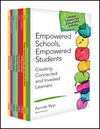 Ask any of the thousands of teachers who regularly use Twitter, Pinterest, or Facebook about connected education, and you may get an earful about using digital tools as a means to connect with educators and students worldwide. But if you ask teachers who have never used a social network, blog, or mobile device for learning in their classrooms to discuss connected education, you are likely to be met with blank stares, furrowed eyebrows and shrugged shoulders. Enter Corwin Press and the Connected Educators Series. In an effort to connect all teachers, EdWeek author and Corwin editor Peter DeWitt enlisted the help of his professional learning network (PLN) in order to launch a series of books on digital learning, digital leadership, mobile learning, digital citizenship, and everything else that is connected education. Corwin’s Connected Educators Series features short books, about 70 pages, in both paperback and electronic formats, aimed at helping educators improve classroom practice and educational leadership in the digital world, something that has been sorely missing in the education book world. The first books in the series will be published in August and September. August release....... The Relevant Educator: How Connectedness Empowers Learning, by Tom Whitby and Steven Anderson: Two of the profession’s most connected educators explain how to effectively use social media to build a professional learning network. Flipped Leadership Doesn’t Mean Reinventing the Wheel, by Peter DeWitt: If we can flip the classroom, why can’t we flip faculty meetings and other kinds of communication with parents and teachers? According to DeWitt, we can. The Edcamp Model: Powering Up Professional Learning, by The Edcamp Foundation: Professional development has never been so simple than when teachers create it. The Edcamp model connects educators to PD like never before. Teaching the iStudent: A Quick Guide to Using Mobile Devices and Social Media in the K-12 Classroom, by Mark Barnes: Knowledge is in the palm of learners’ hands, making them iStudents. This book helps teachers understand how to maximize this incredible power. September Release........ Connected Leadership: It’s Just a Click Away, by Spike Cook: In the 21st-century, it’s critical that principals create a transparent school for all stakeholders. Principal Cook shows school leaders how to author blogs, PLNs and more, in order to open up a digital window to your school for parents and community. All Hands on Deck: Tools for Connecting Educators, Parents, and Communities, by Brad Currie: The connected educator doesn’t just connect with students and colleagues. They connect with parents and community, using 21st-century tools. Currie shows readers how this is done. Empowered Schools, Empowered Students: Creating Connected and Invested Learners, by Pernille Ripp: Connecting also means empowering. Ripp shares a variety of methods for teachers and school leaders to empower colleagues and students to help each other build a strong learning community. The Power of Branding: Telling Your School’s Story, by Tony Sinanis and Joseph Sanfelippo: Connected educators must teach students about digital citizenship, and what better way to teach this lesson, according to administrators Sinanis and Sanfelippo, than by showing students how to brand their own schools? These eight books are the first in Corwin’s ongoing Connected Educators Series. Several more are currently in production and scheduled for publication in early 2015. For updates, author biographies and other valuable information, visit the Corwin Connected Educators Series website here. You can order Any books in the Connected Educators Series here. Let us know what you think and what you’d like to see next. Recently I have read a handful of blog posts related to EdCamps and educational conferences. Thoughts pertaining to technology overload, people feeling alienated, and the power of networking were highlighted. I have thought long and hard about these perspectives and now want to share my own. This summer I was fortunate to attend three professional growth opportunities that further strengthened my role as an educator. The connections I made with people will last a lifetime and help me strive to reach my goal in promoting the success of all students. Take for example my time at PadCamp recently. I was able to connect and learn with Kim Mattina and Missy Krupp. Two people I knew from Twitter but had never really interacted with in person. Kim and I had a great conversation about technology integration. Missy and I conversed over pizza about graduate courses and how they should prepare future leaders. It was great to meet Kim and Missy. Quite frankly it didn't matter what our roles were in education. All that mattered is that we shared a passion for moving the educational conversation forward. The experience I had at ASCD L2L was simply tremendous. I met people that I didn't know or had little knowledge of from Twitter. We talked about educational issues, worked on projects, and presently participate in a Digital PLC on Voxer. Each one of us had a different role as educators of children. But it didn't matter. We still approached each other, started a conversation, and grew together. The friendships formed will undoubtedly last for years to come and make us better in the long run. Finally, my time at EdCamp Leadership. was priceless. From #Satchat Live to the Corwin Connected Educators Panel Discussion, the sharing and camaraderie was in a word spectacular. I enjoyed the countless conversations with educators from near and far. Tech and non tech discussions were taking place in hallways, classrooms, and over a cup of coffee. I was able to participate in a few sessions focusing on branding, Google Glass, and 1:1 initiatives. There is no doubt I am a better leader because of this particular experience. So there you go. My summer of learning was well worth the price of admission. Knowing people virtually and then meeting them in person is a special experience. Approaching people I didn't know and talking with them about best practices in education was even more unique. For anyone out there that fails to connect with other like-minded educators virtually or in person at an EdCamp or Conference, that's on them. As for there being too much technolgy being discussed, well that is where education is now, so deal with it. Personally it is one of the most exciting times in education and I wouldn't have it any other way. Another summer means another opportunity to attend EdCamp Leadership. This year it's being held at the University of Pennsylvania. Close to three hundred educators from all walks of life will come together to share best practices through conversations and networking. That's right I said networking. Typically not something you hear about in the field of education. But it's now a reality and here to stay. And quite frankly it's a breathe of fresh air. The evolution of social media has flattened the educational world and has transformed the way people connect at conferences and EdCamps. Here are dozen ways networking can benefit you as an educator...... 1. Networking provides you with a chance to connect with some of the best minds in the business. 2. Networking provides you an opportunity to steal ideas from others. 3. Networking provides you with a chance to learn from others outside of the conference setting i.e. Twitter, Voxer, Google Hangouts etc.... 4. Networking leads to true friendships that could ultimately last a lifetime. 5. Networking makes your school better. 6. Networking provies you an opportunity to reflect and improve. 7. Networking exposing you to perspectives that you wouldn't of considered otherwise. 8. Networking makes you look good and bolsters your confidence level. 9. Networking improves your people skills. 10. Networking puts you in touch with resources that could impact your student's success. 11. Networking can lead to great things like helping organize an EdCamp or presenting at a conference. 12. Networking with the right people keeps you in a positive frame of mind and helps keep focus on your number one priority: promoting the success of all students. So what do you say? Make those important connections in both the physical and virtual world. Pick people's brains and let them pick your brain as well. I know I can't wait for EdCamp Leadership to take place this week. Why? Simply put, it gives me another opportunity to expand my network and make myself a better educator. P.S. ~ Enjoy the pics from the inaugural EdCamp Leadership in 2012. I can't believe how many people were there that I did not know then but know now. That's the amazing part of expanding your network. Thanks to the amazing Kevin Jarrett for taking the pics. Brad Currie is the author of All Hands on Deck: Tools for Connecting Educators, Parents, and Communities. He is one of the founding partners of Evolving Educators LLC. Brad is a 2014 ASCD Emerging Leader and Bammy Award Finalist. He currently serves as a K-8 Supervisor of Instruction and Middle School Vice Principal for the Chester School District in Chester, NJ. Learn more about Brad by following him on Twitter @bradmcurrie or visiting his website at www.bradcurrie.net. In this day in age people can not be without their mobile devices. They have become an extension of our bodies. The management of mobile devices has become a chore in and of itself. Whether it's charging, protecting, or manipulating the mobile device, you can bet that there is an accessory to purchase. Over the past few years I have purchased a number of accessories that help with maintaining and ensuring my device is as efficient (and multi-faceted) as humanly possible. Here are seven of my favorite accessories........... Otter Box (Protection) External Charger (Power) Pivot Power Strip (Power) Wireless Keyboard (Efficiency) Wireless Speaker (Sound) Charger Adapter (Flexibility) USB Wall Plate (Power) Brad Currie is the author of All Hands on Deck: Tools for Connecting Educators, Parents, and Communities. He is one of the founding partners of Evolving Educators LLC. Brad is a 2014 ASCD Emerging Leader and Bammy Award Finalist. He currently serves as a K-8 Supervisor of Instruction and Middle School Vice Principal for the Chester School District in Chester, NJ. Learn more about Brad by following him on Twitter @bradmcurrie or visiting his website at www.bradcurrie.net. |
Archives
May 2020
Categories
All
|
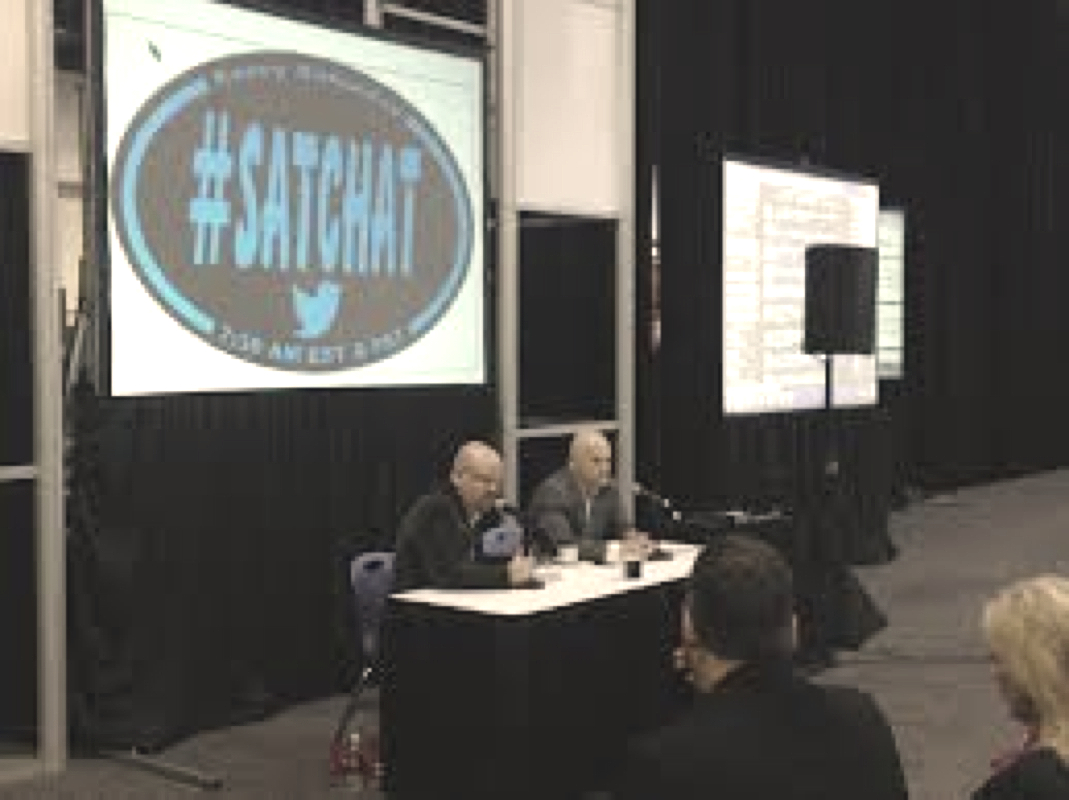

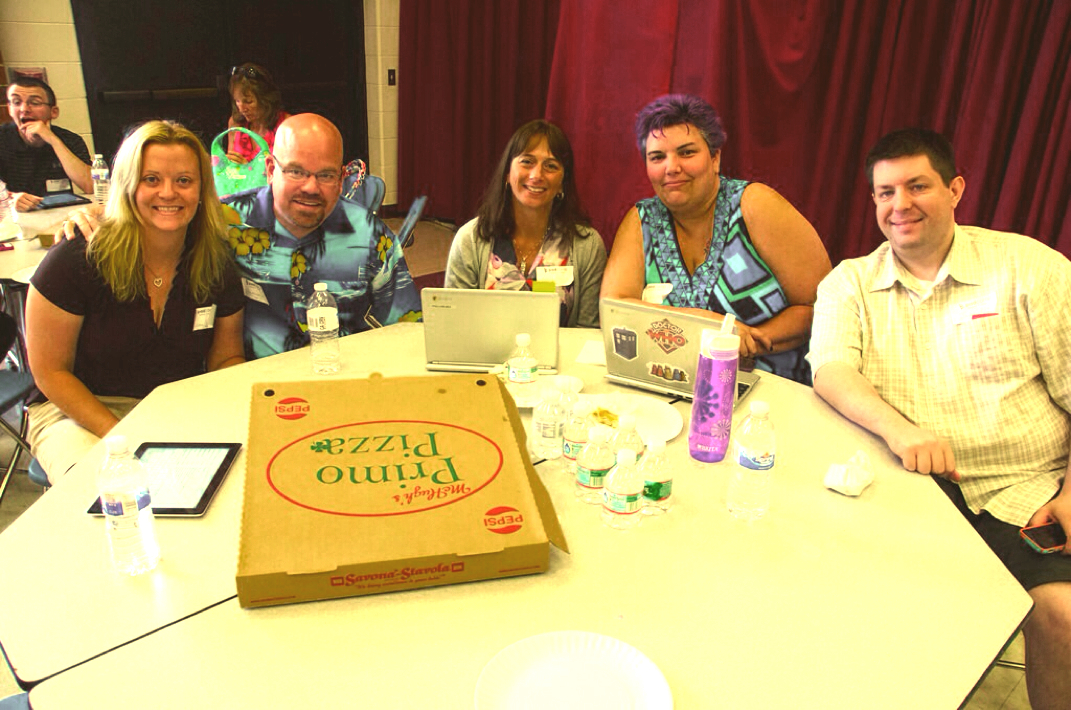
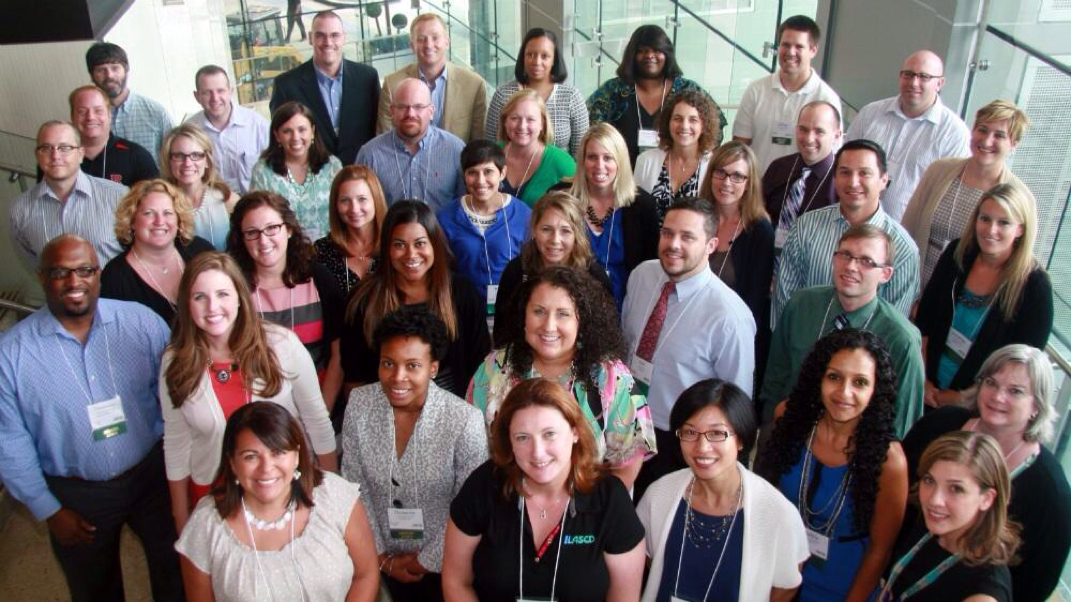
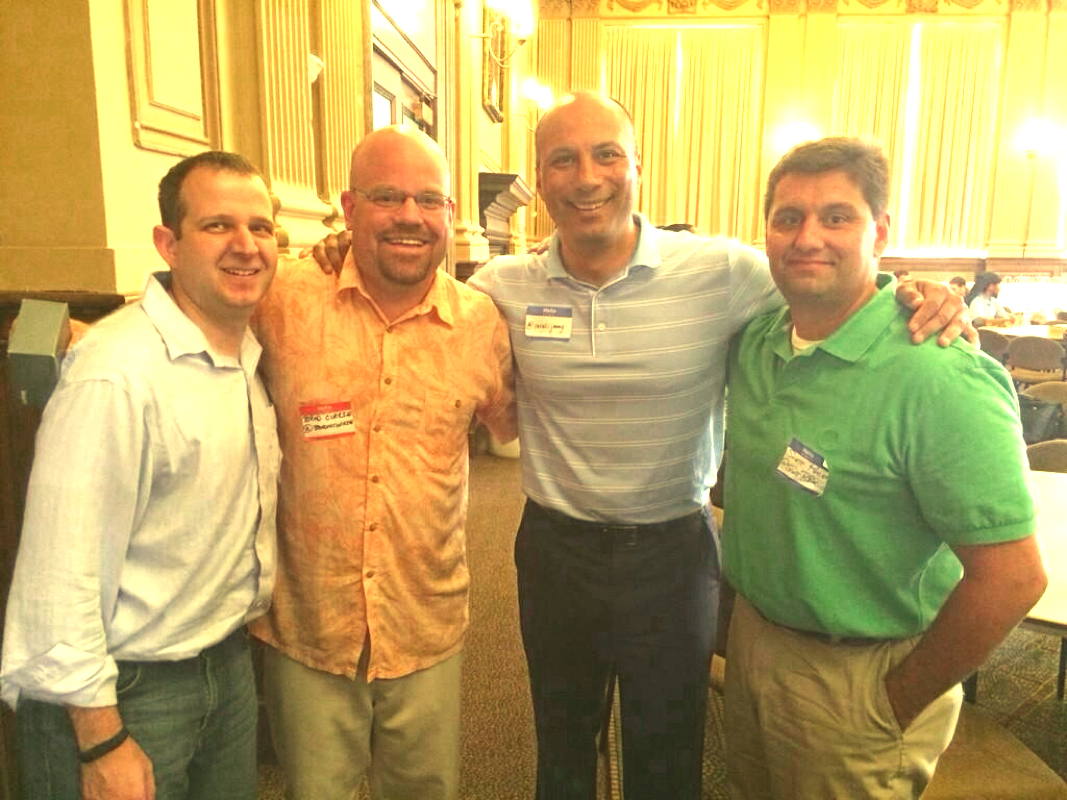
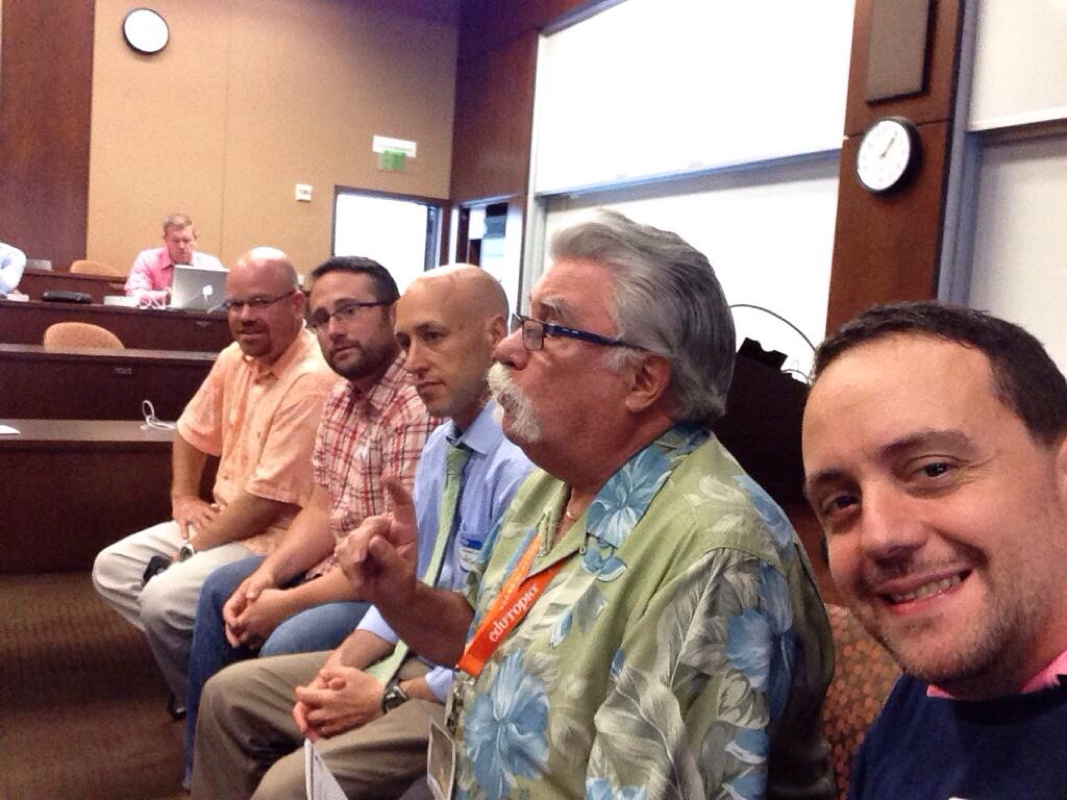
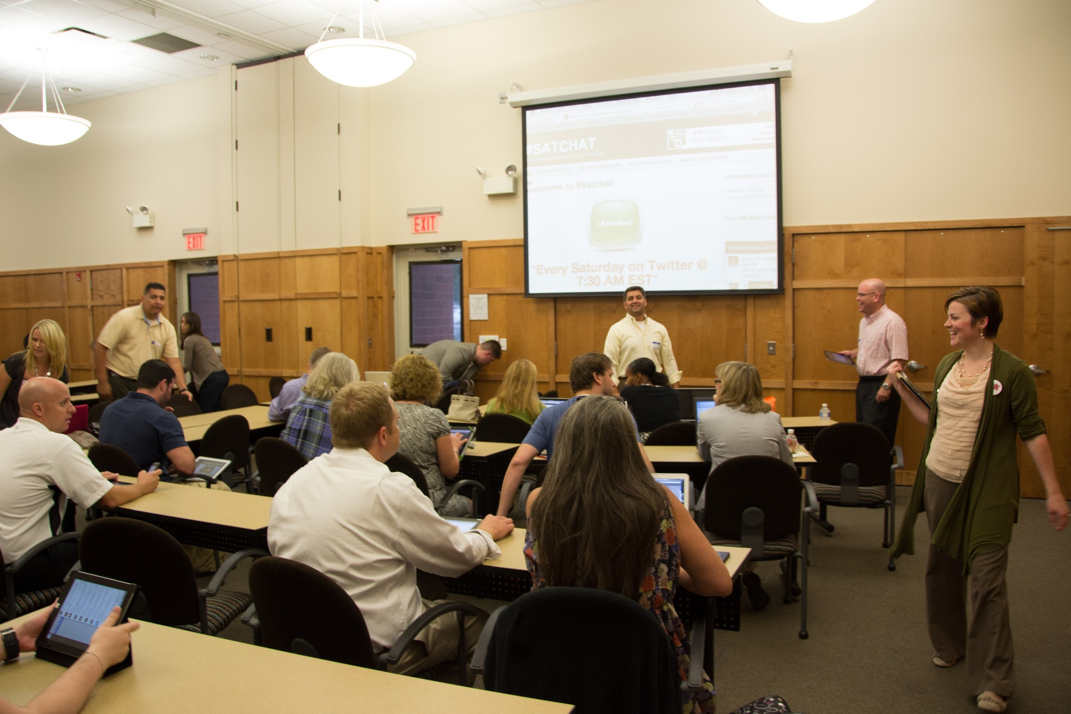
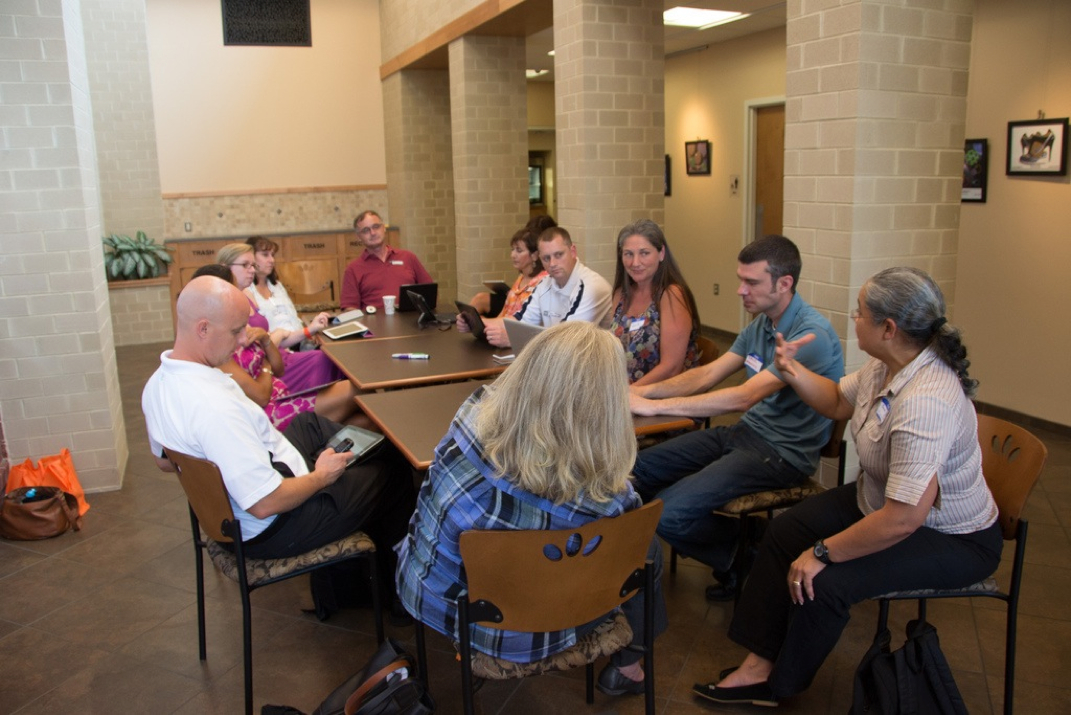

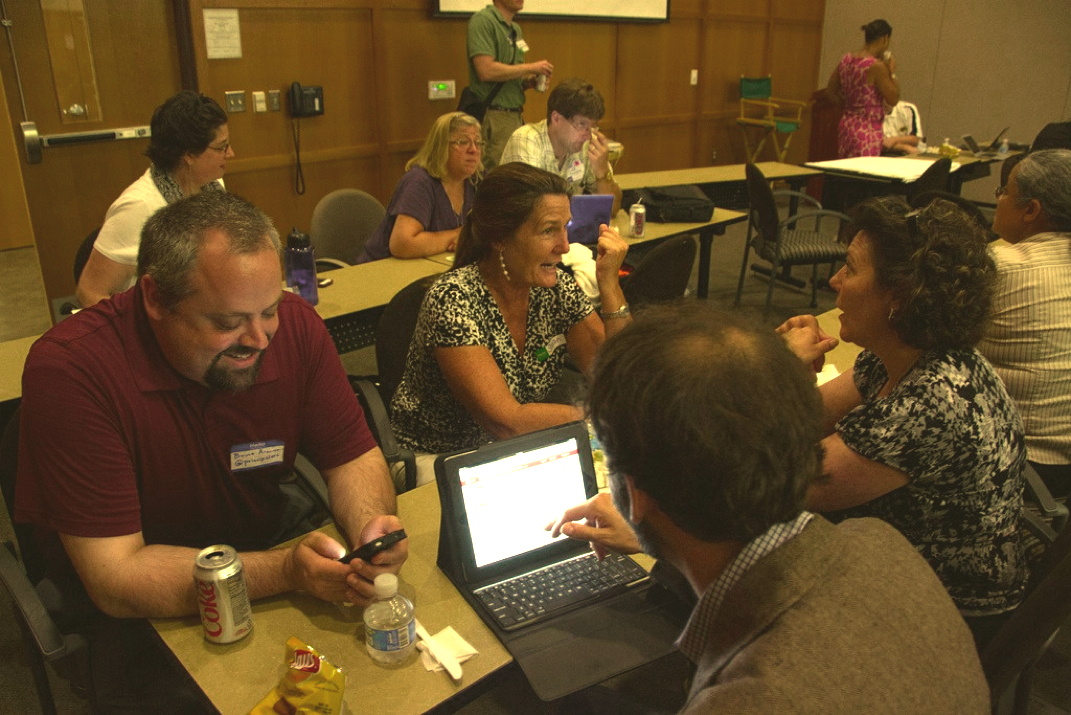
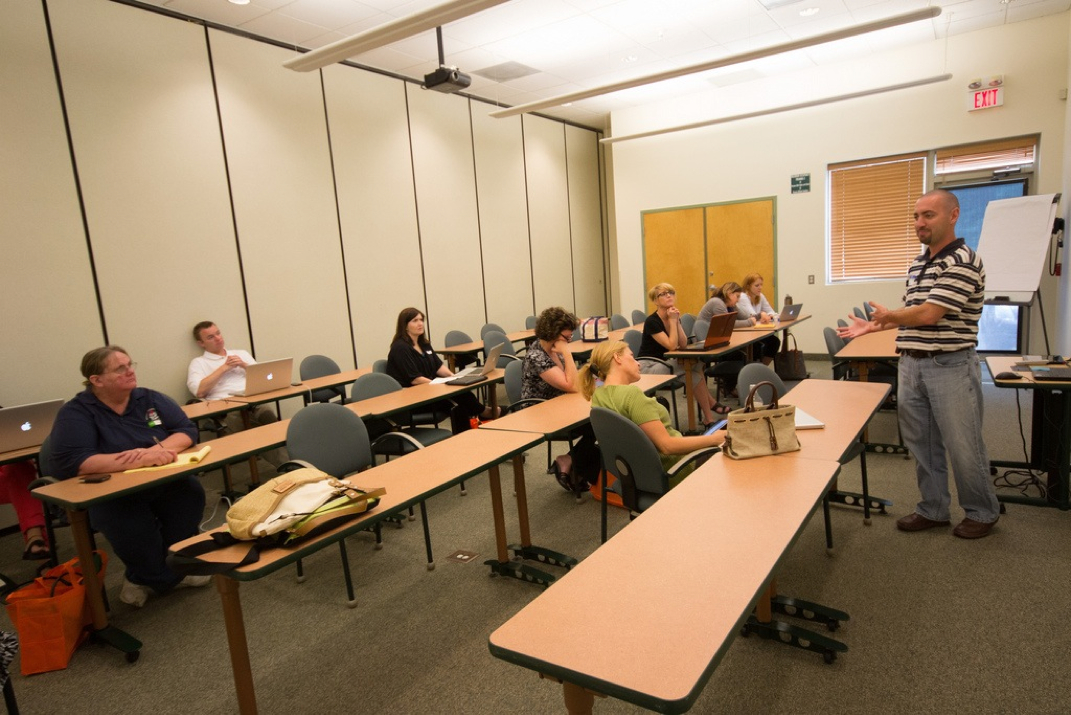
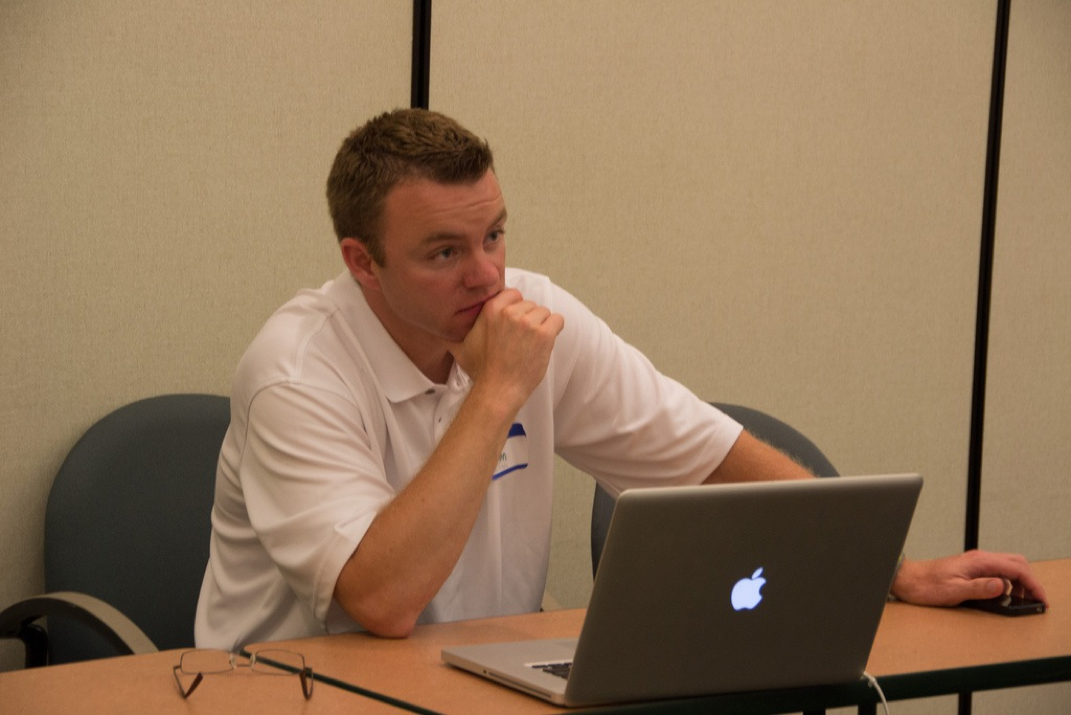
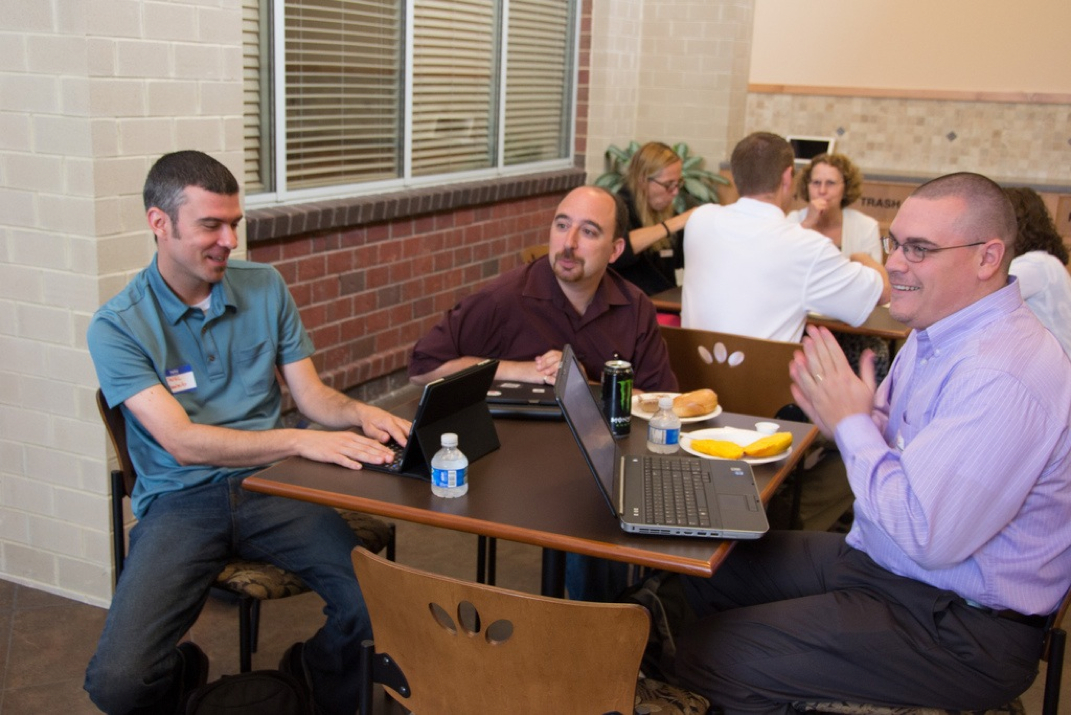


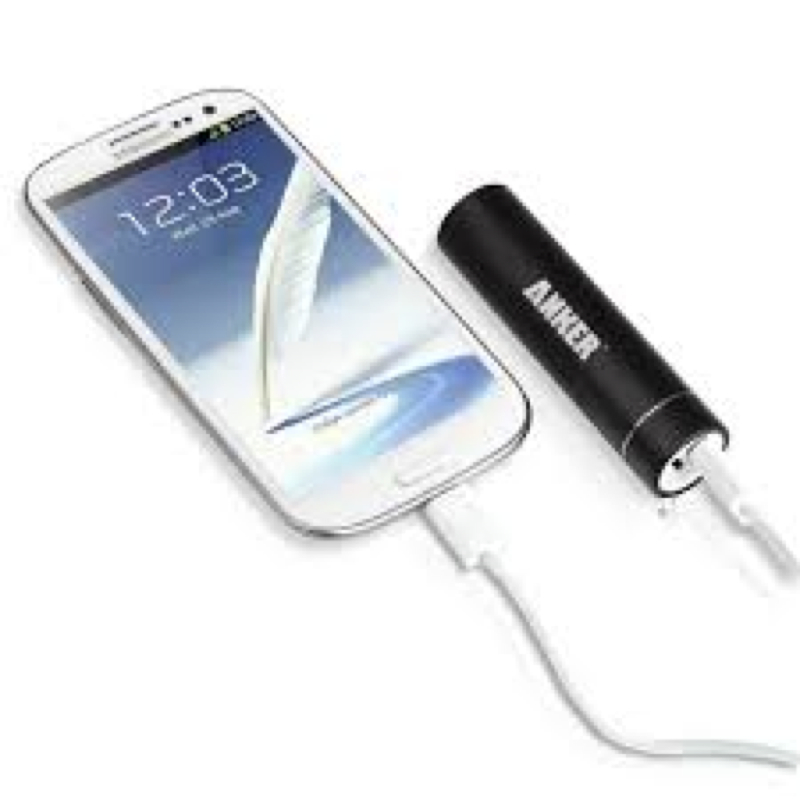



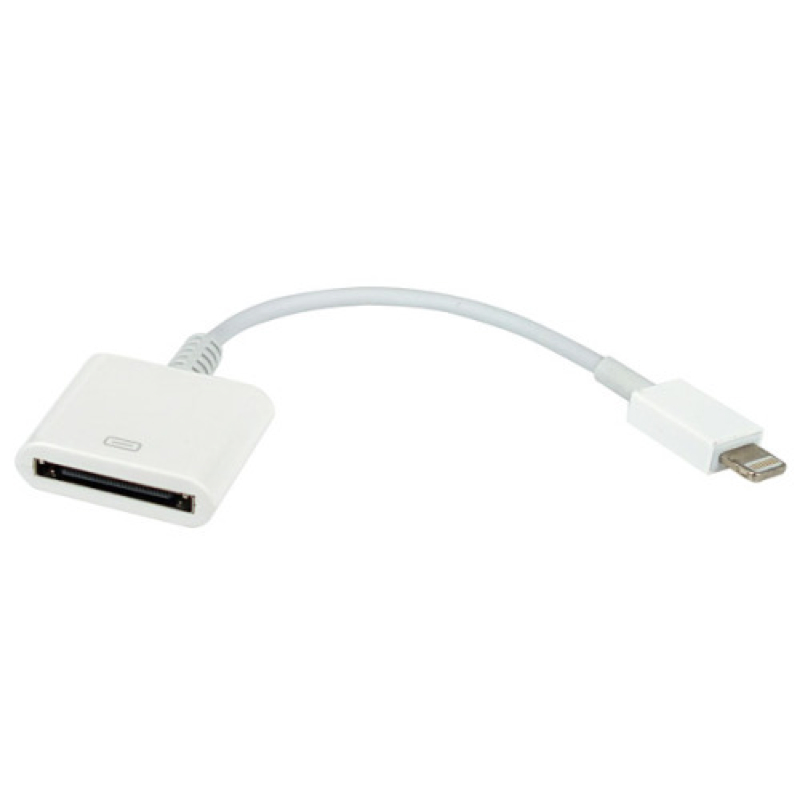

 RSS Feed
RSS Feed
